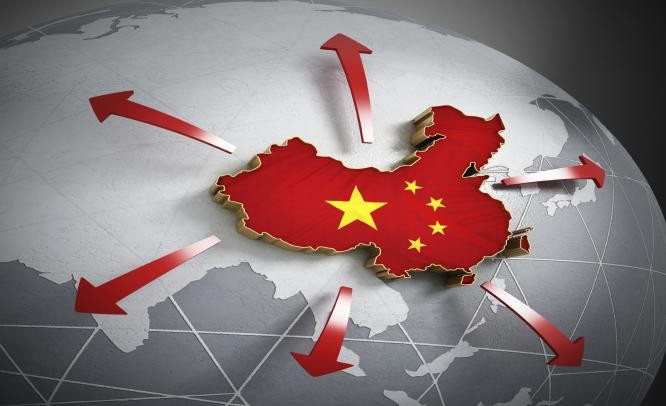 |
| Rest assured! Will China 'rescue' the world economy again? (Source: Internationalfinance) |
China's massive economic stimulus program helped the West recover from the 2008 financial crisis.
However, this time, China's patchy post-Covid-19 recovery process and geopolitical issues are making it difficult for the country to "contribute" to preventing a global recession.
China is unlikely to return to its golden decade.
The world's second-largest economy is still not operating at full capacity after the three-year "Zero COVID" policy ends in December 2023.
China's imports fell sharply by 7.9% in April, while exports rose by just 8.5%, slowing from 14.8% in March. Consumer prices also rose at their slowest pace in more than two years in April, while deflation hit the industrial sector - prices quoted by Chinese wholesalers fell further.
New bank lending fell more than expected in April, with lenders deploying 718.8 billion yuan ($104 billion/€94.5 billion) in new yuan loans in the month, less than a fifth of the corresponding level in March.
“The Chinese economy is not going to boom and it is not going to return to the golden decade of the 2010s when growth was consistently in double digits,” said Steve Tsang, director of the China Institute at the London-based School of Oriental and African Studies.
China's strong recovery will help offset the expected slowdown elsewhere in the world, thanks to central banks' tightening of monetary policy over the past 12-18 months.
China's massive stimulus package after the 2008/09 financial crisis helped the global economy recover, partly due to the Asian nation's huge demand for imported raw materials for infrastructure projects.
However, past stimulus measures have left China with a mountain of debt. In March 2023, the International Monetary Fund (IMF) warned that China's debt had risen to a record 66 trillion yuan, equivalent to half of the country's GDP.
Western policymakers who have been praying for China's economic recovery should now look at the new reality, Mr. Tsang said.
Besides the Taiwan issue, Beijing's friendly relations with Moscow and neutrality in the Russia-Ukraine conflict are other contentious issues that put global economic cooperation at risk.
Trade tensions between Beijing and Washington under former US President Donald Trump also persist today, under the administration of President Joe Biden.
The tit-for-tat tariffs have led to the US imposing sanctions on a number of Chinese companies and officials. Washington has even restricted China’s access to semiconductor and artificial intelligence (AI) technology on national security grounds.
Meanwhile, according to Tsang, director of the China Academy, Beijing's assertive foreign policy is causing the US and Western countries to begin to "decouple" or reduce their dependence and ties with the Chinese economy and related supply chains, which means the factor The decision that previously supported rapid growth in China is waning.
Western policymakers increasingly see China’s Belt and Road Initiative as a threat to their interests. Dubbed the “New Silk Road,” it involves $840 billion (€771 billion) in investment in roads, bridges, ports and hospitals in more than 150 countries.
Last month, European Central Bank (ECB) President Christine Lagarde also lamented the possibility that the global economy could splinter into rival blocs led by China and the United States, warning that it would harm growth and increase global inflation.
Beijing's new development strategy
Another reason for China's less-than-stellar recovery is Beijing's strategic plan to move the economy higher up the value chain, prioritizing quality over quantity of growth.
“China is trying to establish a transition from a low-end manufacturer to a dominant player in the industries of the future such as artificial intelligence, robotics, semiconductors…”, according to Pushan Dutt, professor of economics at INSEAD Business School in Singapore.
However, these reforms take time.
As the country moves away from heavy industries dominated by state-owned enterprises towards innovation and domestic consumption, slowing growth is an “inevitable consequence,” according to Professor Dutt.
Meanwhile, the IMF has predicted that China will continue to be the biggest driver of global economic growth over the next five years, contributing about 22.6% to total world growth, compared to just 11.3% for the US.
But in reality, slowing Western demand will continue to weigh on China’s exports. Hopefully, the domestic economy still has plenty of hope, especially given the pent-up demand from three years of lockdowns due to the Covid-19 pandemic.
“Chinese consumers have amassed $2.6 trillion in savings during the pandemic, so expect the service sector in the world’s second-largest economy to recover in the short term,” said the INSEAD Business School professor.
Source





![[Photo] Prime Minister Pham Minh Chinh chairs conference to promote public investment growth momentum](https://vphoto.vietnam.vn/thumb/1200x675/vietnam/resource/IMAGE/2025/5/20/7d1fac1aef9d4002a09ee8fa7e0fc5c5)





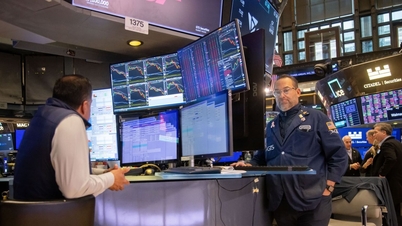







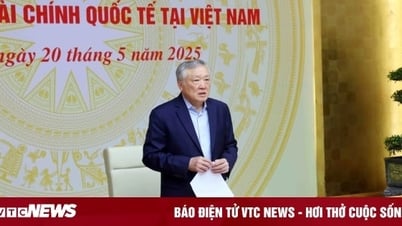


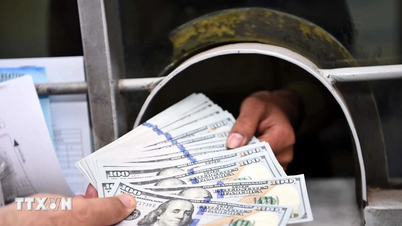

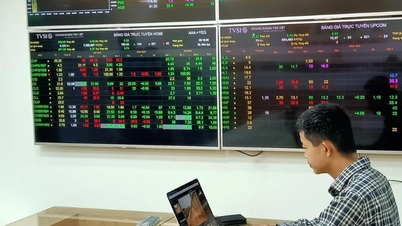






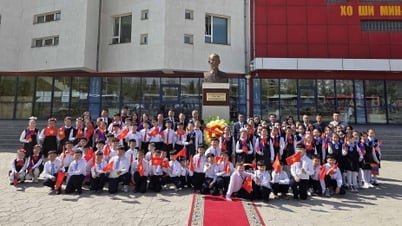


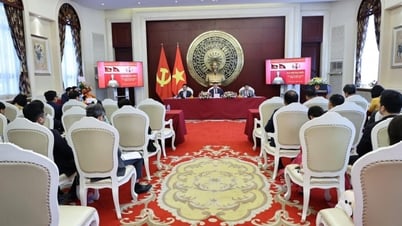
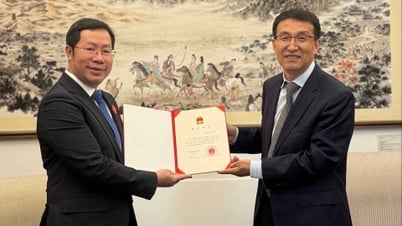





























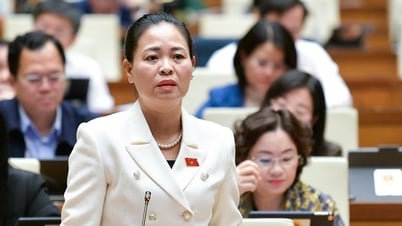
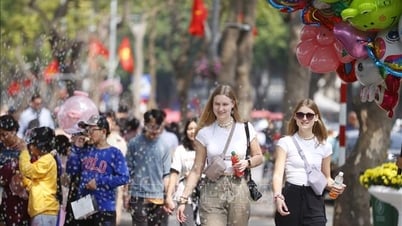

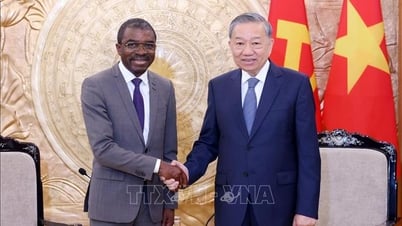


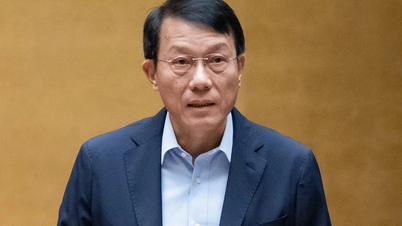

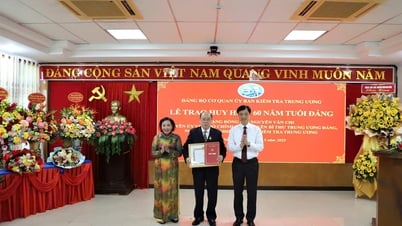








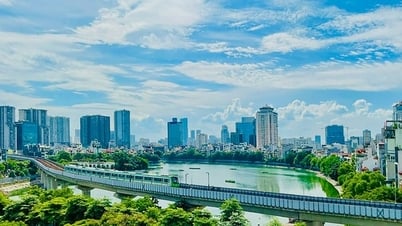




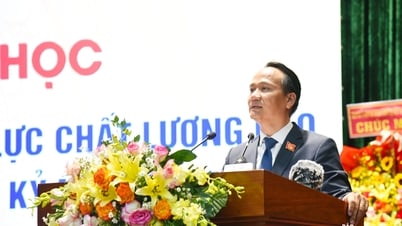

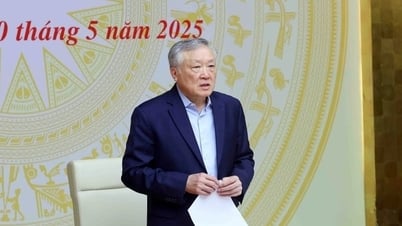















Comment (0)